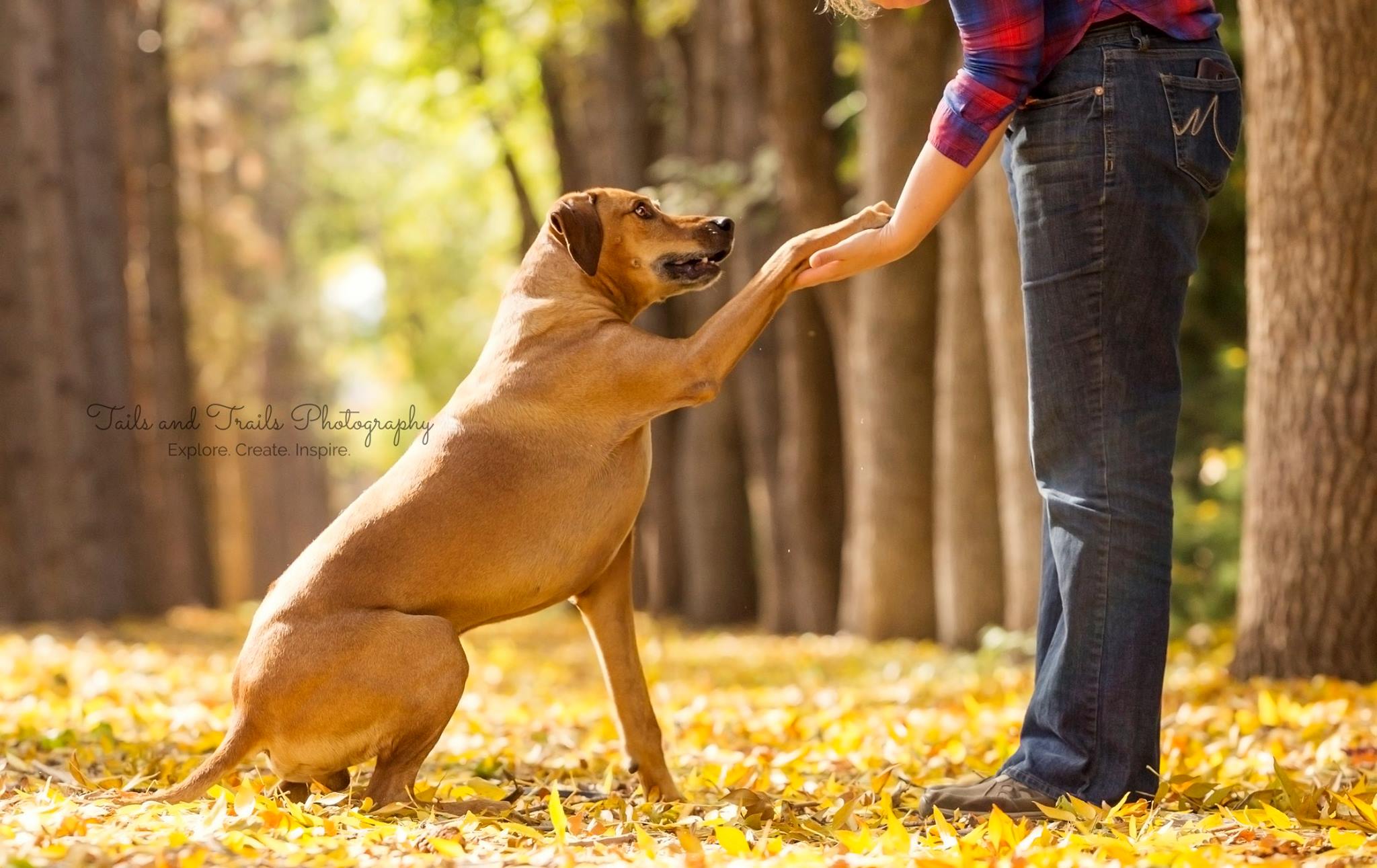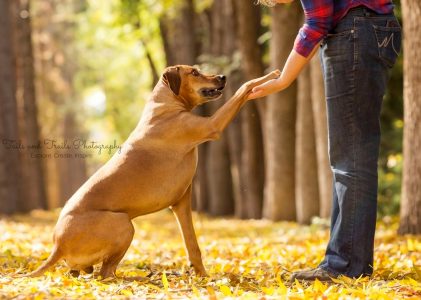Why do we want to reduce conflict? Because dogs and humans have evolved together for tens of thousands of years to work together, not to be at odds with one another. They are our partners and friends, not our adversaries. Here are some suggestions on how to reduce the conflict you may experience with your dog:
- Focus on what you do want your dog to do, rather than what you don’t want them to do. If you are always focused on what the dog is doing wrong, you will find yourself frustrated and more likely to increase conflict in your relationship. Think about what you want the dog to do instead, and then focus on training the behavior you want.
- Learn as much as you can about dog behavior. Many things that create conflict between dogs and humans are really a misunderstanding of what constitutes normal dog behavior. Frustrated that your dog pulls on leash? Your dog is probably frustrated that you walk so slowly! Dogs don’t pull on leash to drive us crazy, they pull because they naturally walk faster than us, and they are very keyed in to the environments where we walk them.
- Set reasonable expectations for your dog. We tend to have this idea in our minds of Lassie or Rin Tin Tin, the ever-faithful companion that does whatever we ask. This isn’t the reality for most of the dog population, yet many times we still hold dogs to this standard. Dogs are individuals, and depending on their genetic makeup, their early life history, and their current environment, they all vary in their abilities to handle a given situation. Be sure your expectations are reasonable when dealing with your dog.
- Learn about how dogs learn. Dogs will always do what works for them. If a behavior is being reinforced, intentionally or not, they will continue to do it. This applies to sitting for a treat, stealing roast beef off the counter, or pawing for attention. If a behavior has been punished, whether it be going in the crate after coming when called, or being asked to do one too many repetitions of a difficult task, you will see less of that behavior. We don’t get to decide what dogs find reinforcing or punishing, so if the consequence doesn’t mean anything to the dog, it won’t be effective in changing behavior.
- Recognize that you are the only one in this relationship that can make a conscious effort to reduce conflict between you and your dog. Your dog is simply reacting to her environment, and the consequences she receives for her actions. If you have brought conflict to the table, it’s your job to remove it!
If you are experiencing persistent conflict with your dog, consult a professional trainer who will help you resolve those issues. We share our lives with dogs to enjoy them, not to be at odds with them. Reduce the conflict with your dog, and I can assure you that you and your dog will reap the benefits!


